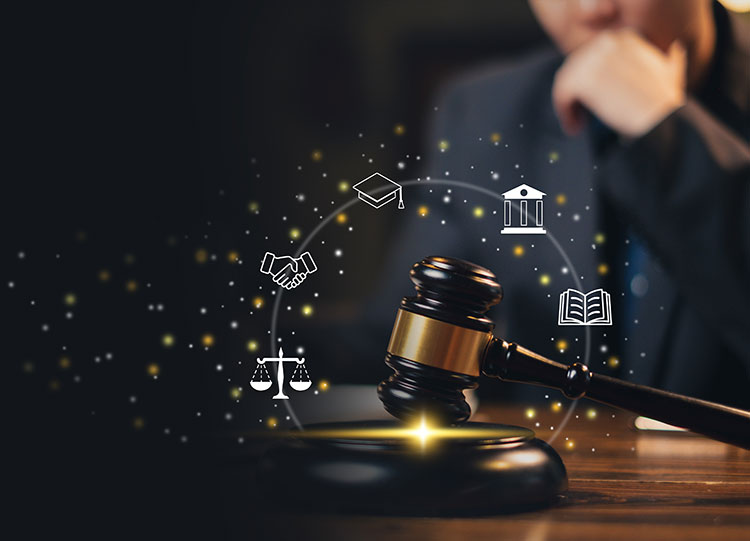Courtroom Illustration in Modern Legal Practice
Courtroom Illustration in Modern Legal Practice
Blog Article

Modern litigation demands clear, engaging presentation of evidence. Legal teams increasingly use illustration to explain events, scenes, and processes. Companies like LawFX are at the forefront of this visual legal revolution.
Legal Illustration: Explained
Unlike media sketches, these visuals aim to explain—not just depict—key scenes or events from a case. legal graphics for complex cases From car wrecks to faulty product usage, illustrations offer clarity for non-expert audiences. LawFX ensures each piece aligns with legal standards while enhancing testimony.
The LawFX Approach to Legal Illustration
LawFX works hand-in-hand with attorneys to create visuals tailored to the case. Each image supports testimony and simplifies complex evidence.
How Legal Illustrations Improve Trials
In court, time is short and information is dense. Visuals simplify the technical, making abstract or complex topics accessible to everyone. This improves juror retention and creates stronger emotional impact during trial.
Visual Tools in Trial: A Breakdown
Trial graphics often include text, timelines, or bullet-point summaries. Illustrations, by contrast, depict scenes or injuries to tell a visual story.
Practice Areas That Rely on Courtroom Visuals
Attorneys in fields like personal injury, product liability, and malpractice use visuals to explain their case. The versatility of these visuals makes them valuable across all phases of litigation.
Legal Fields That Gain from Visual Aids
Jurors can see what happened instead of just hearing it. Medical cases especially require diagrams of anatomy, procedures, or diagnostic errors.
The Illustration Process at LawFX
LawFX begins with a legal consultation and case review. Drafts are created and reviewed with the legal team for accuracy. This collaborative method ensures that every visual is effective, precise, and courtroom-approved.
How Visuals Help Jurors Understand
Illustrations bridge the knowledge gap and reduce confusion. Visual storytelling keeps jurors focused and makes complicated testimony easier to follow.
Standards for Courtroom Illustration
They collaborate with experts to confirm that each illustration reflects actual evidence. Avoiding exaggeration or misleading design ensures their work withstands scrutiny and contributes to trial success.
Visual Aids for Negotiation
Beyond the courtroom, visuals are powerful tools in pre-trial negotiations. Attorneys use them to influence settlement terms or simplify complex arguments during mediation.
What Clients Ask About LawFX
What visuals do you create? Courtroom illustrations, trial graphics, 3D models, and digital presentations.
Are they admissible? Yes—they meet evidentiary standards and are reviewed with experts.
What’s the difference between illustrations and trial graphics? Graphics show data; illustrations show events or scenes.
Where can they be used? In court, settlement, depositions, and mediation.
How long does it take? Simple visuals take days, complex ones may take 1–2 weeks.
Visuals as Legal Strategy
Legal visuals improve communication, clarify arguments, and help jurors make better decisions. LawFX stands out by combining artistic talent with legal understanding.
Report this page